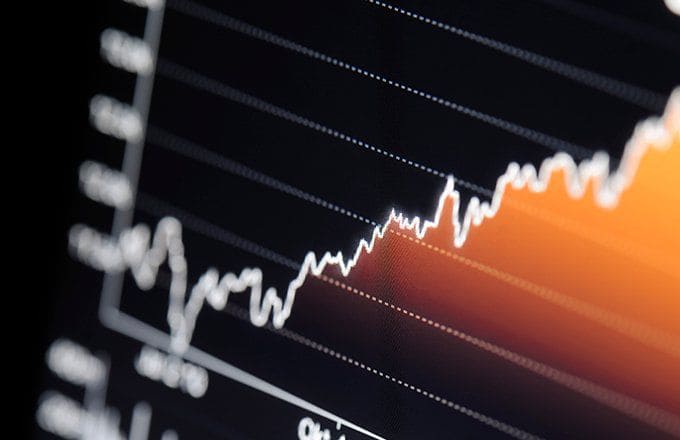
After the liberalization in 1991, the Indian stock market experienced major changes in its functioning. The National Stock Exchange (NSE) was established in 1992 as the first dematerialized electronic exchange in the country. This meant that the share trading process became a lot easier and fast. Before 1992, share certificates were in place that meant one had to go to the broker to buy or sell a share. The give and take of the share certificate which were in the form of paper used to take place. After 1992 all these physical shares were made dematerialized. This meant that every investor could now buy and share the company’s securities while sitting at home using the internet. Various software like ORACLE RDBMS, SQL/ORACLE FORMS Front - Ends, etc, came into use. The entire dematerialization process required a lot of technological brilliance and expertise. Every investor post-1992 has to open a D – MAT account with their respective broker. This DMAT Account promises transparency and safety in transactions. Previously there was a huge risk of loss or theft of the share certificate. Due to the electronic systems, a lot of paperwork was reduced. The advancement of technology has made it extremely easy for people to invest in the share market. Opening of a DMAT Account can be done via mobile phones. Brokers like Zerodha, Motilal Oswal, Angel Broking, etc lets a person open a DMAT Account in less than 24 hours. The investor gets listed with the SEBI (Security Exchange Board of India) via the brokers. Rohan Shah, a retail investor says, “ I was an investor pre liberalization and now I enjoy investing more. The DMAT system has made it extremely easy. Now I can take trades even when I am traveling. The stop loss and target triggers help me gain the perfect profit and bear the minimum loss. All thanks to the technology and the advanced systems.” Every broker has its mobile and desktop application and every investor has a unique ID and password. Each one gets to select the company he/she wants to invest in. The cash and available money has become more liquid, and thus more and more money comes into the market. Previously it used to take almost a month for the cash to be available in the bank for further transactions. Now, this procedure takes place in two working days after the transaction day. Due to all these easy steps, the number of investors has gone up by 4 times between 1992 to 2005 in the Indian Share Market. During and post-pandemic, 10.4 million people started investing in the Share Market. The fear in the minds of the people has reduced and more retail investors are coming into the market which is a fantastic sign for the Indian Economy. As the share market and its investors are becoming tech-savvy, India will see maximum youth join hands in enhancing the Indian Share Market and the Indian Economy.
10 Jan 2022
Atharv Agashe